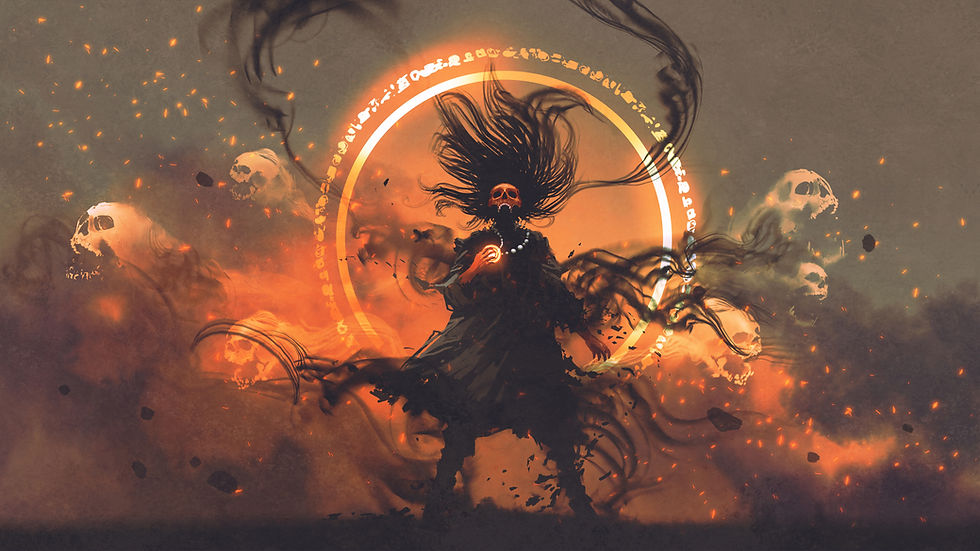Inner Navigational System
- Kimberly Ruggiero

- Mar 8, 2021
- 2 min read

"Perpetually doing, without ever tuning in to the center of our being, is the equivalent of fueling a mighty ship by tossing all its navigational equipment into the furnace." Martha Beck, PhD
We all know the feeling of hitting our edge. That point when our old coping mechanisms stop working. We want to quit that job, tell someone off, end that relationship or eat that carton of ice cream. This is the opportunity to notice we are no longer there. Our bodies are in fight/flight and thoughts have hijacked the system. As Buddha would say, we are experiencing the second and third arrows of suffering. The first arrow is pain (the actual feeling of hitting our edge) the rest are thoughts about it.
I've had moments of that during the pandemic when feeling trapped in a mask, listening to political opinions or watching the news too long had me feeling despair for our country. I lost my sense of wonder at simply being alive. This is when I know it's time to stop and allow my mind to take a break.
"To understand the immeasurable, the mind must be extraordinarily quiet, still." --Krishnamurti
Wanting things to be different than they are creates suffering. Relaxing with life exactly as it is opens space to access the deeper dimension of reality where our innate intelligence lives. Every person is downloaded with a navigational system to connect and attune to the situations they find themselves in. It's not just a guide, this energy "lives life through us" with a quality of flowing instead of resisting.
Surrendering to 'what is' invites flow where we can do what needs to be done without adding anything else. When I notice that I'm trapped in my thoughts about what's happening I practice dropping the story and being with the experience directly. It takes practice to stay grounded in the moment.
Consider the lumberjack story. Two lumberjacks are each given a large pile of wood to chop. One is young and strong, the other old and frail. The young man begins fast and furious, chopping his pile of wood all day. The old man chops slowly and carefully; leaving every half hour for a few minutes and coming back with the same steady pace. At the end of the day, both men had chopped the same amount of wood.
Baffled, the young man asks, "Where did you go when you left each time?"
The old man replies, "To sharpen my ax."
When we are willing to slow down enough and be mindful, we are learning to contact the innate intelligence of our navigational system. We practice dropping the pressured way of being to include the greater dimension, complexity and possibilities of life. We can be more exact in our words and actions; letting each moment enter through the body, not just the mind. Realizing that life can be lived through us, animated by our awakened consciousness.
Listening to the inner navigational systems is being in tune with the living moment.
"At the center of your being you have the answer; you know who you are and you know what you want." - Lao Tzu







Comments